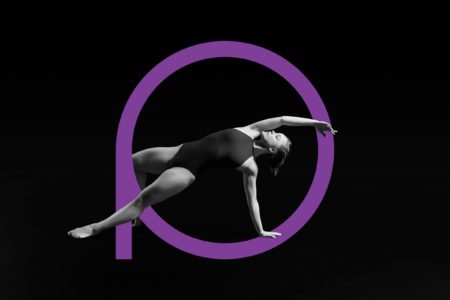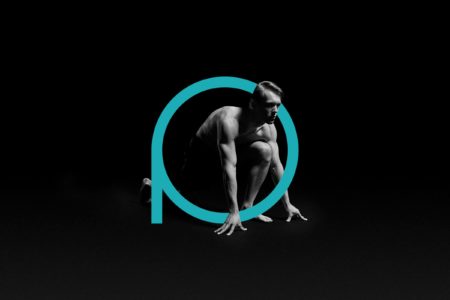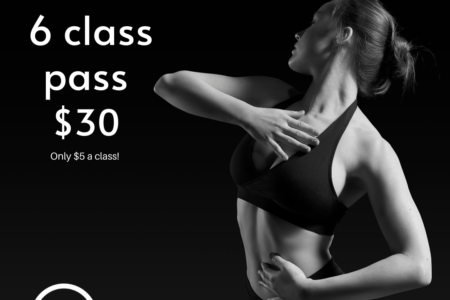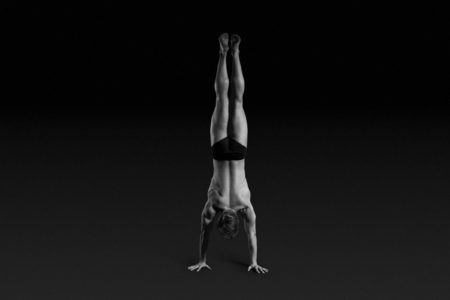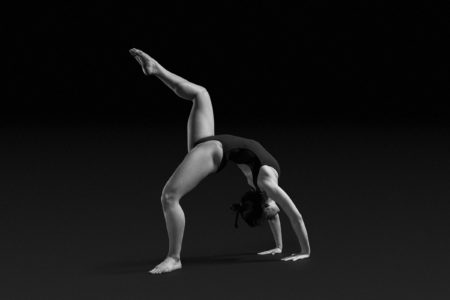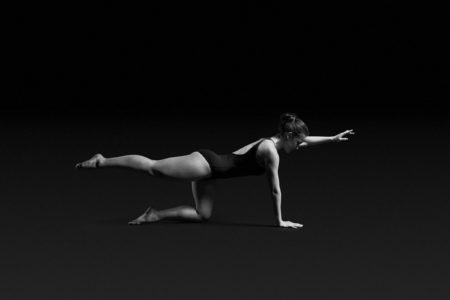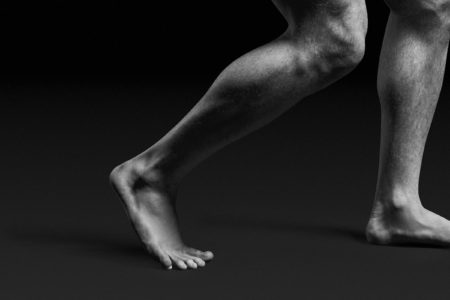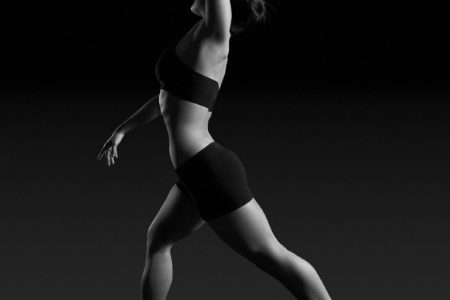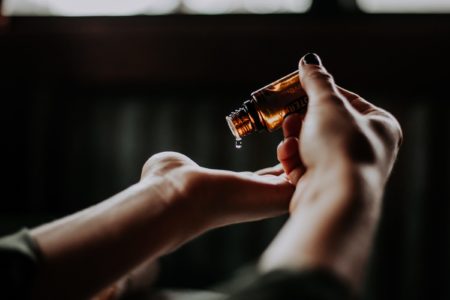Suite 3, Ground Floor, The Gateway,
312 St Kilda Road, Southbank, VIC, 3006
Nutrition For Healing… Fuel Your Recovery!
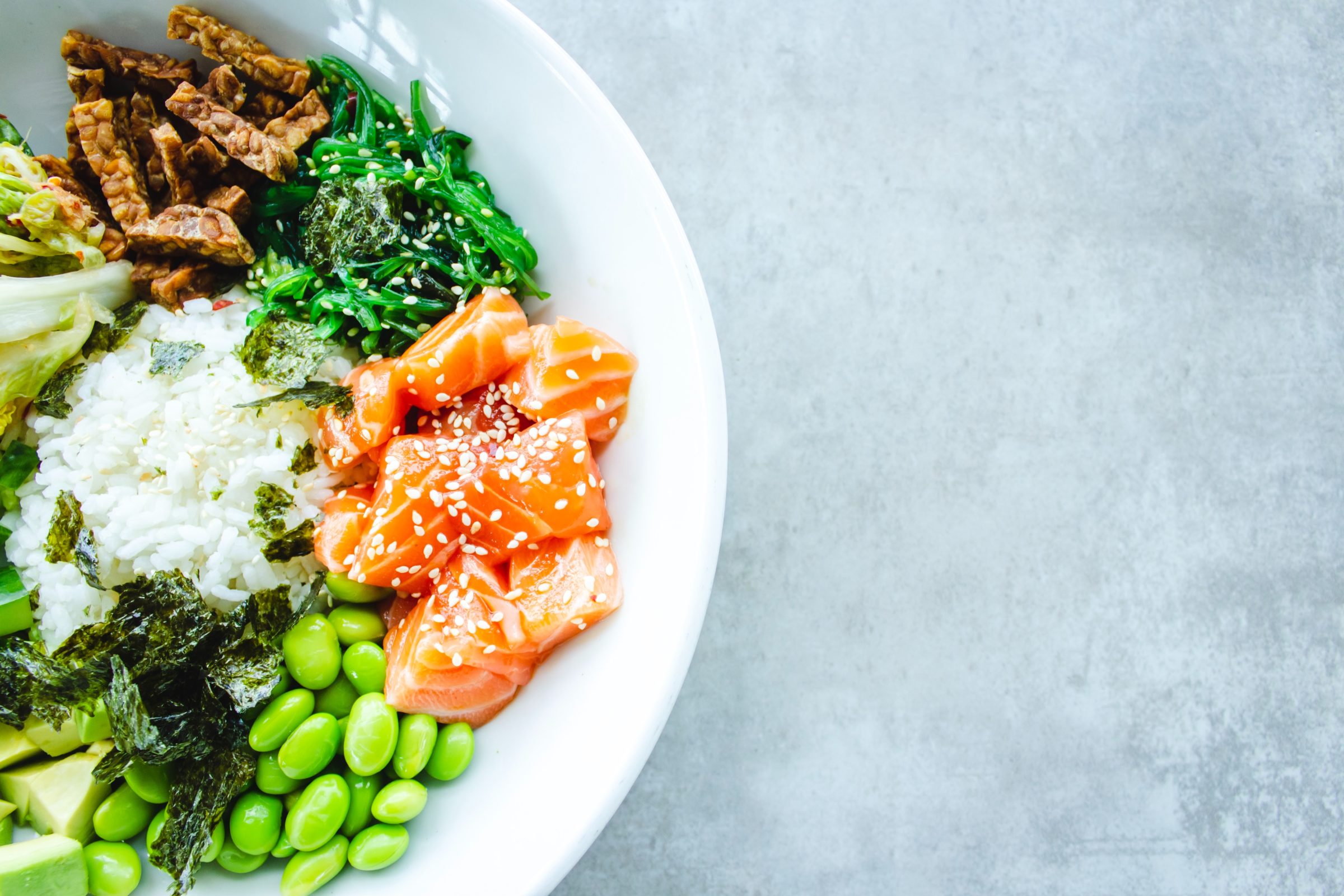
By Nicole Reynolds
When you are injured it is easy to focus on all the tasks/activities you cannot do. It is also sometimes difficult to find time and energy to do all the things you should be doing (like the prescribed exercises from the physio). Nutrition is overlooked often in the healing process, even though it is fuelling your recovery. Depending on your stage of recovery and type/severity of injury, different fuel sources and nutrients will be necessary for a speedy recovery.
- Acute (Early) Stage (with-in a couple of hours to a few days of injury)
Immediately following injury, the body goes into crisis control, doing what is necessary to stop bleeding, minimise severity of injury and remove the damaged tissue/cells. During this phase, your nutrient requirement is higher than when performing as an athlete. The body’s choice of fuel during this phase is fats, followed by protein. For this reason, don’t be afraid to maintain your usual nutrient intake, if not increase it… ensuring approximately 25% is allocated to protein intake (as well as poly/mono- unsaturated “healthy” fats).
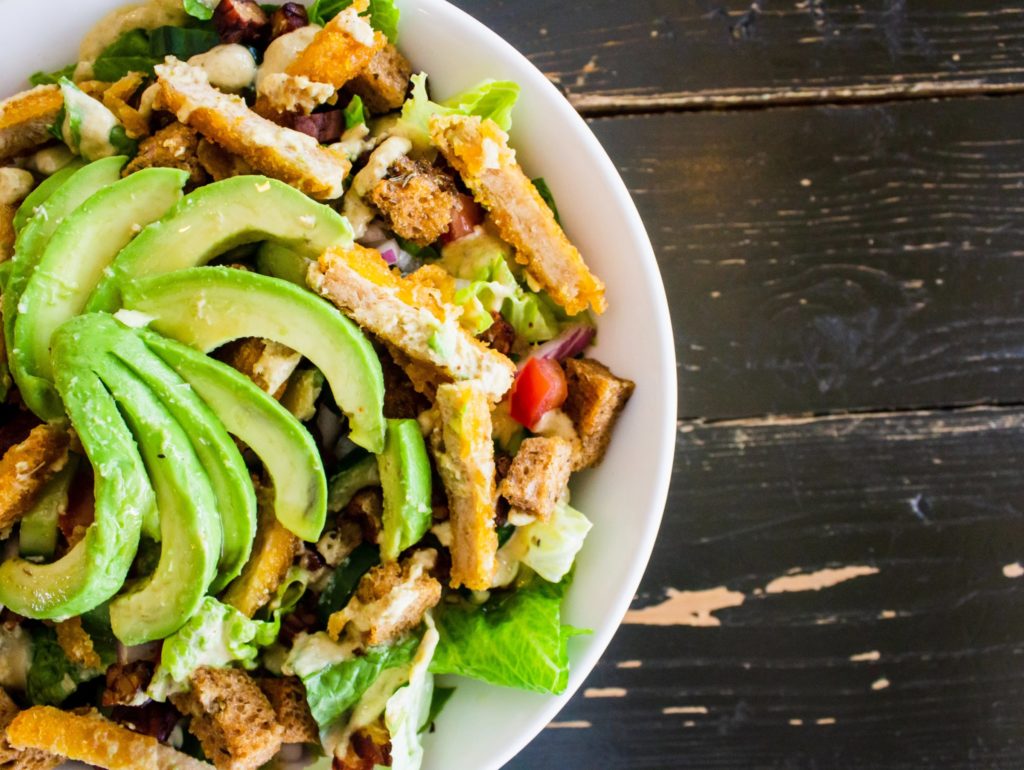
At this point I will point out that taking anti-inflammatories as soon as you sustain an injury can prolong this early stage of healing by slowing down the swelling that will break down and remove debris. Panadol is a much better pharmaceutical choice for pain management in these early days. Alternatively check out (https://performancemedicine.com.au/whole-foods-and-pain/) for information on whole foods and pain, as well as consider other pain management strategies such as ice/heat, compression and modifying load.
- Post-acute Stage (days to weeks after injury)
This phase requires collagen to create a template for cell replenishment, filling the space where the damaged cells used to be. Over the next days to weeks the new cells will be placed within the collagen matrix. During the end of this phase loading the tissue is important to ensure the new cells create strong bonds with each other, specifically in the direction that load, and force is likely to occur in the future.
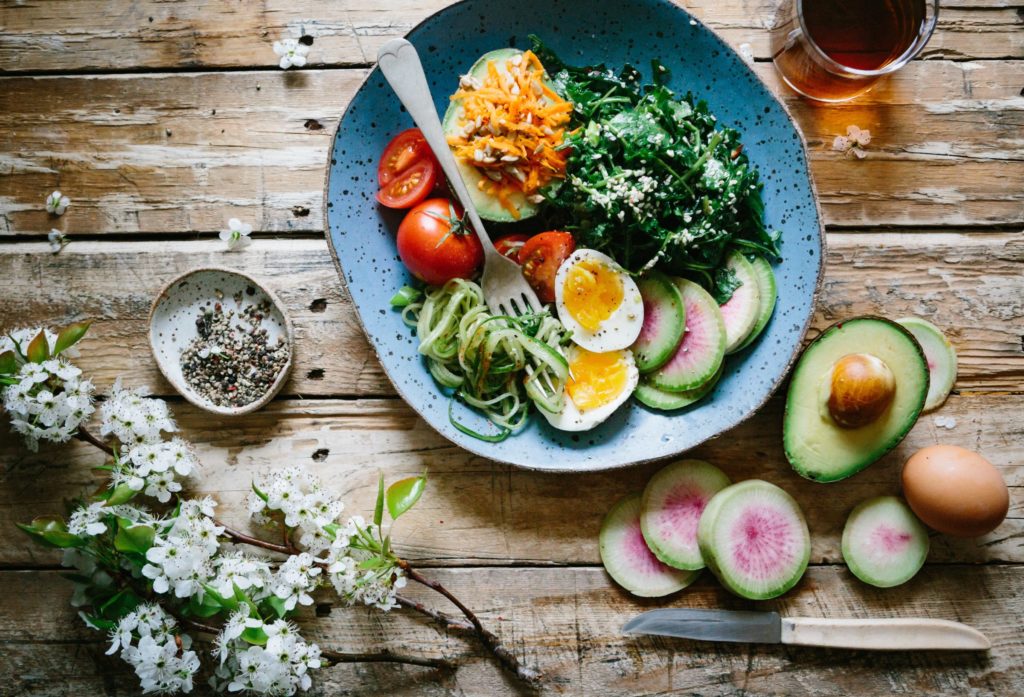
So, what should I be eating to facilitate optimal and efficient healing?
Oh, I’m so glad you asked! Here’s a list of nutrients that can aid your body as it goes through the healing process:
- Protein for energy. Such as cheese, yoghurt, red meat, eggs, soybeans, and chickpeas
- Antioxidants to remove free radical and speed-up cell reactions. These can be found in plant foods.
- Vitamin A to help cells to heal. Found in most red, orange and yellow vegetables.
- Vitamin C to aid collagen formation, significantly required in the 2nd phase of tissue healing and in skin repair. Vitamin C also strengthens the immune system which can facilitate healing while not fighting off disease or illness.
- Fibre feeds gut bacteria which can affect hormone levels and inflammation, it can also help the body absorb more nutrients by slowing down the bowel.
- Zinc facilitates processing of protein, important for tissue healing and for the immune system. Zinc is found in spinach, kidney beans, flax seeds, chickpeas, garlic and salmon.
- Curcumin for anti-inflammatory properties. Curcumin is a spice also referred to as Turmeric. The human body does not absorb curcumin well, however absorption can improve significantly if consumed with pepper.
- Poly/Mono Unsaturated Fats for energy. This is found in foods such as nuts/seeds, avocado, whole food and extra virgin olive oil. Extra virgin olive oil increases vitamin A absorption and has anti-inflammatory properties. It is important to note that how you store and prepare your olive oil is important. The basic properties of olive oil changes and becomes much less beneficial when it is heated or when exposed to natural light or air for a prolonged period.
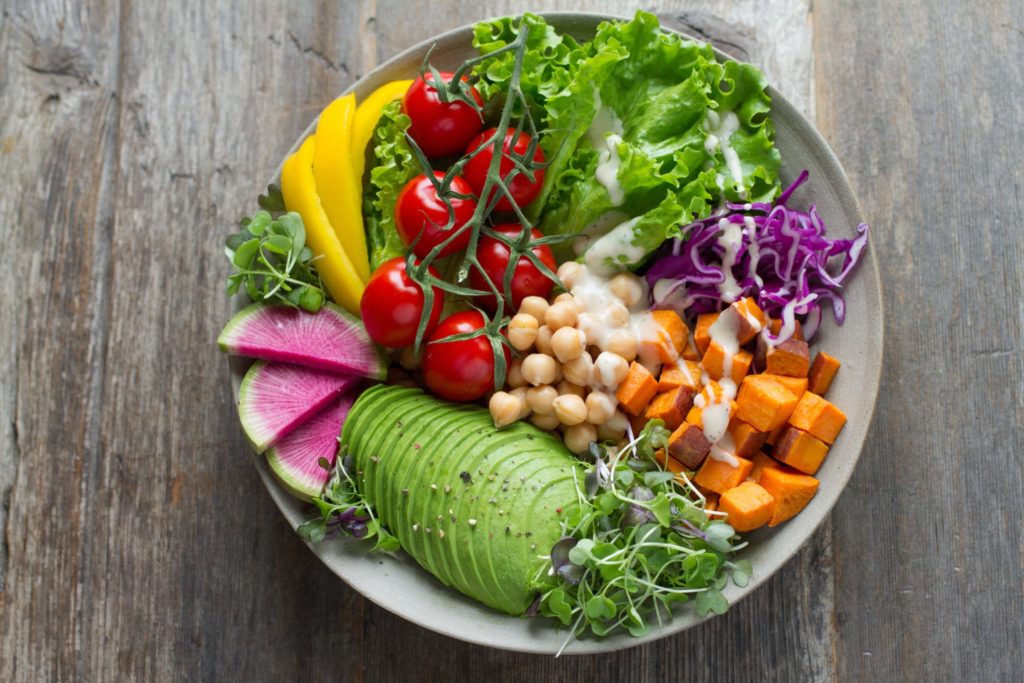
And for specific types of injuries, there may be specific healing requirements, such as:
- Bone repair following fracture requires calcium, Vitamin D, Vitamin K, Vitamin C, phosphorus, magnesium, and protein
- Tendon repair following strain/tendinopathy requires Vitamin C and protein
- Wound repair (damaged skin or muscle tears) requires zinc and ion
Sports Dietitians are a great resource when managing an injury, acute or chronic. In the meantime, stock up on some yummy nuts, seeds, chickpeas, vegetables, eggs, cheese and yoghurt.
All this food talk has got me craving a very Melburnian smashed avocado and poached eggs on whole grain toast with hummus, feta and rocket… and maybe even a turmeric latte! What about you?!

